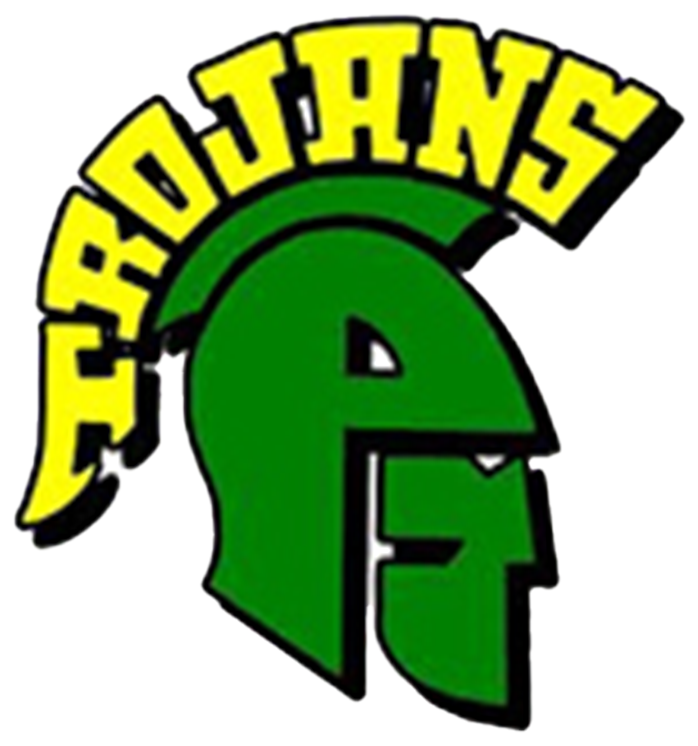Test Prep Information
SAT
The SAT is typically taken by high school juniors and seniors. The SAT tests students’ basic knowledge of subjects they have learned in the classroom, such as reading, writing, and math, in addition to how students think, solve problems, and communicate.
SAT Helpful Links:
This is a free program that statistically has helped students improve their SAT scores by 200 points.
CK-12
The College Board(register and prepare here)
CFNC College Foundation of NC
ACT
The ACT test contains four curriculum-based, multiple-choice tests that measure academic achievement in the areas of English, mathematics, reading, and science, as well as an optional Writing Test, for which students complete an essay.
ACT Helpful Links:
ACT (register and prepare here)
PSAT/NMSQT
The PSAT/NMSQT measures critical thinking skills that are important for success in college, including critical reading, math problem-solving and writing skills. Taking the PSAT/NMSQT enables students to get feedback about important academic skills, seek information from colleges, enter scholarship competitions, prepare for the SAT Reasoning Test, and initiate the college-planning process. The PSAT/NMSQT is the qualifying test that students must take to enter National Merit Scholarship Corporation competitions for college scholarships awarded in 2010.
PSAT/NMSQT Helpful Links:
CollegeBoard
Understanding Results from PSAT/NMSQT
My College QuickStart Guided Tour
ASVAB
This assessment is a requirement for students who plan to enter the military, and also for any student wanting to identify a potential career area. The assessment is a multiply-aptitude battery that tests students’ knowledge in eight areas: general science, mathematics, word knowledge, paragraph comprehension, electronics information, auto and shop information, and mechanical comprehension. There is no cost associated with the ASVAB. For more information on the ASVAB contact the guidance office.
ASVAB Helpful Links:
Military ASVAB or ASVAB
Advanced Placement Courses
Advanced Placement (AP) courses expose high school students to a college-level curriculum. Students may study challenging subjects of interest in a variety of areas —arts, English, foreign language, mathematics, science, and social studies. *In order to enroll in AP coursework, students must possess appropriate prerequisite courses and choose to participate in this advanced course of study. AP exams are administered in the spring of each school year. Colleges and universities may grant credit, placement, or both based on scores on the exams.Beginning with the freshman (9th) class in the 2008-09 school year, students enrolled in AP courses are required to take the AP exams given by the College Board in order to receive AP weighted credit. If students do not take the exam, the AP designation will be dropped to Honors level. Students will be required to decide during the first quarter/term of the AP course whether they will take the exam. Students will pay for a maximum of three AP exams over the course of their high school career. AP exam fees for the fourth and subsequent exams will be paid by the Board of Education. Financial assistance is available from the College Board to students who qualify. Students wishing to take an AP course not offered at their home high school must talk with their principal to determine if there are other available options to take the course. AP courses require more rigorous and expansive reading, writing, and research than Honors or standard level courses. The following are recommended limits on the number of AP courses a student should take:
Ninth grade – No AP courses Eleventh grade – Up to three courses
Tenth grade – One AP course Twelfth grade – Up to four courses
*Recommended criteria for entrance into AP coursework includes a GPA of “90” in Honors English, prerequisite or related coursework, and/or teacher or principal recommendation.
ACCUPLACERIdentifying students’ academic strengths and weaknesses in preparation for college is more critical than ever to ensure successful transitions and persistence in their academic experiences. ACCUPLACER is a suite of computer-adaptive placement tests that quickly, accurately, and efficiently assess reading, writing, and math skills. ACCUPLACER assessments provide early indicators of students’ preparedness and place them into appropriate courses where they can confidently meet classroom demands and achieve their academic goals. By using ACCUPLACER, you help set the stage is set for helping students succeed at post-secondary institutions.
